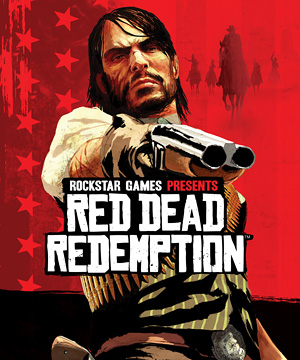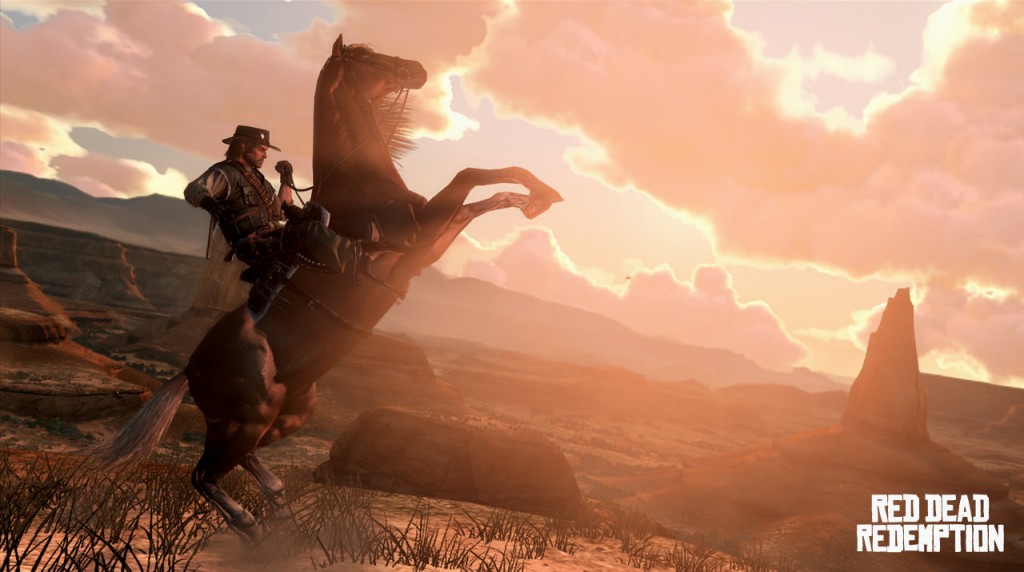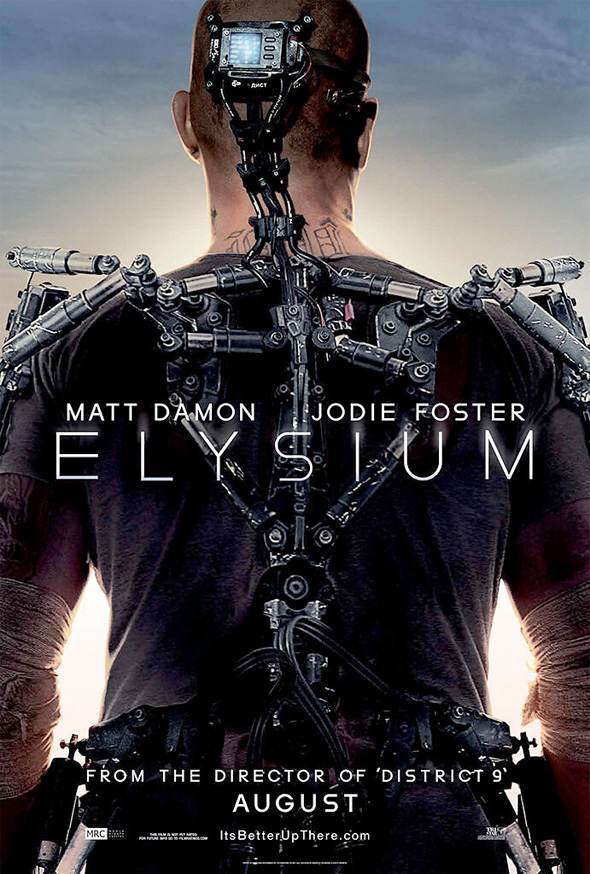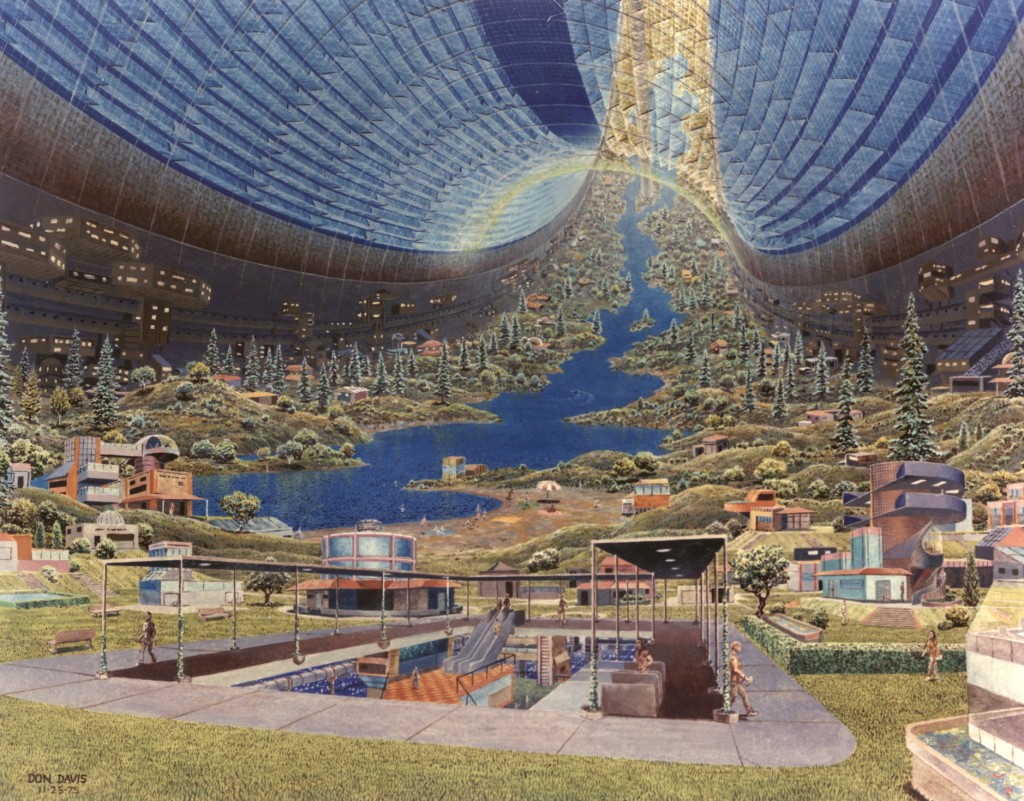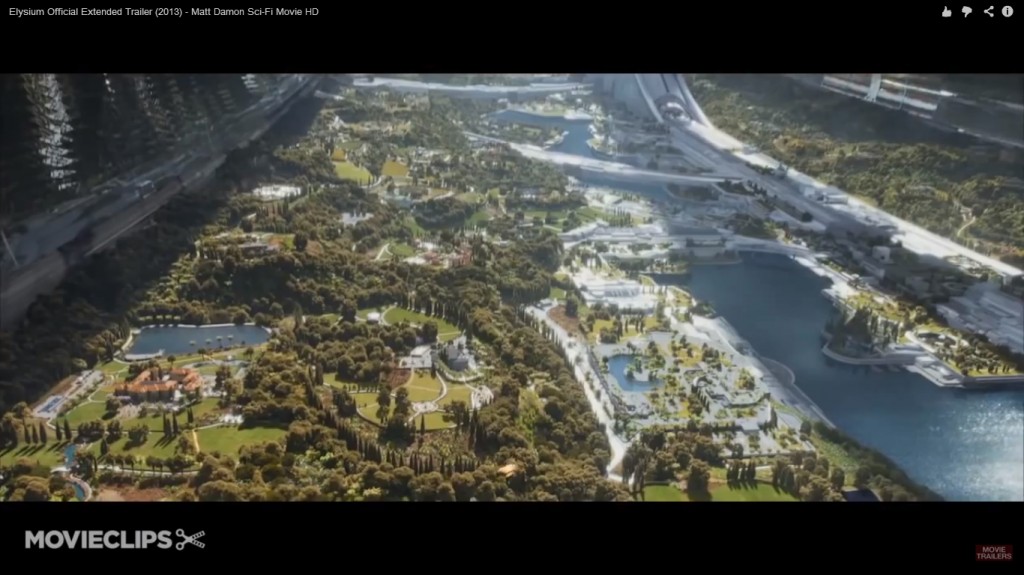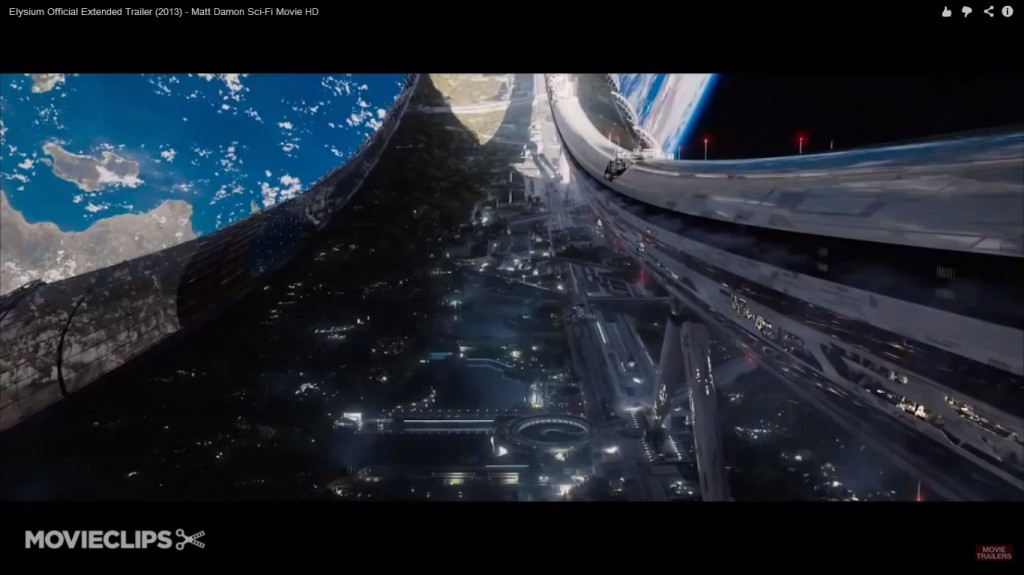One of the nice things about being a few years behind the curve on gaming is that you can wait and see what the best games are and then just play those. That’s basically what I’ve been doing ever since I got my XBox 360 a few years ago. I’ve played the “Game of the Year” editions of Fallout 3 and Oblivion, and deeply discounted versions of great games like Dragon Age:Origins and the Mass Effect series.
A few months ago,I felt the hankering for a new (to me) game, and after poking around online and reading reviews, I decided to try Red Dead Redemption (Game of the Year Edition). Red Dead Redemption is made by the same people who make the Grand Theft Auto games, which always are heaped with accolades, but which I’ve never been particularly interested in. But instead of inner city crime, Red Dead Redemption is set in the old west. It’s a much more interesting setting to me, especially since I now live in northern Arizona.
I have to admit, I did not love the game at first and I have a lot of criticisms. Before launching into my negative comments, I want to say up front that eventually I ended up enjoying the game, and I really enjoyed the expansion “Undead Nightmare”.
First of all, the control scheme is not especially intuitive, and there are so many different things to do in the game, each with their own special controls, that for quite a while in the early part of the game I didn’t have a good handle on how to make my character, John Marston, do what I wanted him to. The clunky controls and the fact that the game allows you to do just about anything led to some unfortunate events, like when I tried to take a ride in a stagecoach and instead hijacked it.
On top of that, I ran into a lot of frustration with the game’s auto-aim system. I’m not complaining that it was there: to be honest I usually wouldn’t be able to hit anything without it. The problem is that I found myself sometimes auto-aiming and then inadvertently killing things that I didn’t want to, such as my allies, or my horse. (I can’t count how many times I inadvertently shot my horse in the head in the course of the game when aiming at an enemy in the near foreground.)
Saving was another major nuisance. For some reason, you can’t save the game anywhere. You have to either sleep in a bed, or ride out into the wilderness and set up camp somewhere that is flat and not too close to roads, towns, or water. And then from camp, you can save. For reasons I don’t fully understand, you also have to go through this process to fast-travel to distant locations. I learned to live with this, but it struck me as an unnecessary annoyance.
Ok, so those are my issues with the controls and interface of the game. But what about the rest of it?
Well, the voice acting was mostly very good, with decent writing and nice cutscenes. Many of the missions involve riding along and talking to other characters and I am pretty sure these were written by a different, less-skilled writer. The dialog in these transit scenes always felt much more clunky than the dialog in the main cutscenes.
The characters mostly did not have much depth, but were memorable and generally amusing. The player character, John Marsten is of course the best-developed character, and they did a pretty good job with him. The problem I ran into was that the guy he was supposed to be (a badass former criminal forced to revisit his gunslinging days to save his family) did not always fit with his actions in the plot. Much of the plot involves him going and fetching this or that, or helping certain characters with side tasks in hopes that they will eventually help Marsten with his quest. Marsten always complains about these things and even threatens the other characters, but never does what you would expect from him, which is to actually put his foot down and stop being used by others and instead start using them to get what he wants. If he’s supposed to be a dark sort of guy, then it would have been better if his threats were a little less empty.
I played the game as a good guy, so it was more plausible for him to go along with the main plot points that are there to make the game last longer. But if I had been playing Marsten as a bad guy, I think it would sometimes have been very hard to suspend disbelief. Maybe the cutscenes change if you are playing as a bad character, but as far as I can tell, there’s only one path for the main plot to follow, no matter what you do.
Maybe I play too many RPGs, but I found that I kept wishing my choices had more impact. The plot itself is linear, and there is not much in the way of customization possible for your character. There is no leveling up system. Marsten has the health that he has, and he shoots as well as the player can aim. There are three levels of dead-eye (a sort of bullet-time aiming mode), but you go through them and reach the max level very early in the game and then the only thing that is similar to leveling up is acquiring new guns. It would have been nice to be able to make some choices about the character’s skills instead of having him just be great at everything. Maybe sacrifice skill with pistols to become better with rifles. That sort of thing.
There were also moments where the game suffers from the same problem that I see in shows on HBO or Showtime, where there seems to be a need to do things just because they can. This typically comes in the form of gratuitous violence or nudity, and Red Dead Redemption falls into this trap too. One cutscene in particular has nudity in it and the only reason I can think of is to maintain Rockstar’s reputation for “mature” games. The writing was good enough that it had already telegraphed that the character in question was sleeping around, so showing it didn’t add anything, other than a sense of embarrassment to be watching the scene with my wife in the room. Likewise, most of the time the swearing in the game felt natural, but occasionally it was jarring and too harsh for the context.
A lot of the game is spent roaming around in the wilderness, and as you do so, randomly generated events occur. The problem with this is that there are only a handful of randomly generated events, so very quickly, you are running into the exact same things over and over. There are some actual side-quests, but just about all of them are very shallow. In games like Skyrim, I loved how what began as a minor side quest could end up leading to its own mini-story line. Unfortunately the side quests in Red Dead tend to just be fetch quests without much else to them.
Ok, but I said above that I actually ended up enjoying the game, so let’s stop nitpicking it apart. What about the good stuff?
The best thing about the game is the ambiance. There is a lot of attention to detail in the environment and it’s fun to just roam around the wide open west, hunting, or chasing bandits, or just watching the sunrise. As much as I love a video game with a good story, ambiance can make or break a game, and in the case of Red Dead Redemption, it absolutely makes the game. Let me put it this way, when I found myself walking around in the Ponderosa forests here in Flagstaff, or looking at the historical markers on the old downtown buildings, I found myself thinking about Red Dead Redemption. When a game gets in your head like that almost entirely based on its ambiance, it is doing something right.
The main story of the game was also quite good. Yes, I nitpicked it above, but all in all it is well done. The voice acting and writing are both very good and in particular I thought the end of the game was great. It was predictable and telegraphed to an attentive player well beforehand, but still, it had a much greater emotional impact than the vast majority of other games I’ve played.
Another aspect of the game that I really came to enjoy were the challenges. These are arbitrary accomplishments that range from simple things like shooting a certain number of birds in flight, to ridiculous challenges like killing cougars and bears with your bowie knife. I was annoyed by these things at first: they are transparent attempts to make the game last longer by rewarding the player for doing weird things. I tend not to like things that remind me I’m playing a game, but once I got over my initial annoyance at these, I actually had a lot of fun with them.
And finally, I should mention the expansion to the game: “Red Dead Redemption: Undead Nightmare”. This expansion was a blast. I really, really enjoyed it. It is best played after the main game because it is full of cameos from the memorable characters encountered in the main story. But it is just a ton of fun to ride around the old west killing zombies. The auto-aim in the game targets the chest, so killing zombies by shooting them in the head is nice and challenging. And unlike the main game where the world is very empty in some places, the roaming herds of zombies make the expansion more fast-paced. Also, you can tame and ride the horses of the apocalypse.
The main game of Red Dead Redemption is Very Serious, so it was just a lot of fun to revist the same world and the same characters, but in a tongue-in-cheek B-movie setting.
So, overall, Red Dead Redemption has its flaws, but its great ambiance, memorable characters, above average production values, and its excellent expansion still managed to win me over.
